Table of Contents
Introduction
Choosing an emotional support animal (ESA) is a big decision—especially when it comes to dogs. Not every breed is suited for ESA work, and the best match depends on your lifestyle, mental health needs, living space, and personal preferences.
In this post, we’ll spotlight the best dog breeds for ESA, explain why these breeds stand out, and help you pick a compassionate companion that will thrive as your emotional support buddy in 2025.
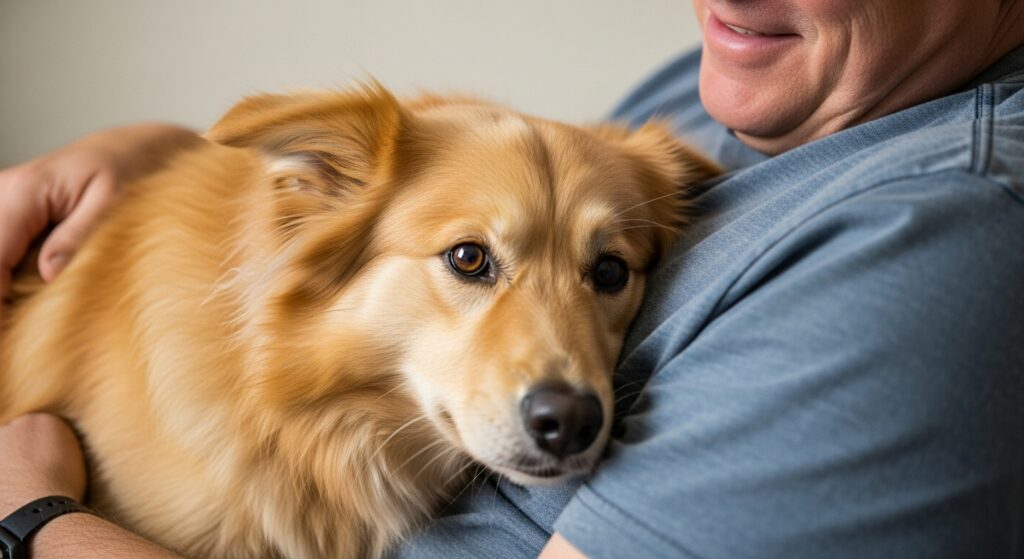
What Makes a Good ESA Dog Breed?
Before we jump into the breeds, let’s look at what traits make certain dogs especially suited for emotional support:
- Calm Temperament: Not easily startled or anxious.
- Affectionate Nature: Enjoys cuddling, being close, and giving comfort.
- Adaptability: Adjusts to apartments, houses, daily routine changes.
- Trainability: Can learn basic commands and good manners quickly.
- Low Aggression: Friendly with strangers, kids, and other pets.
- Size Considerations: Works for your living space and lifestyle.
Top 8 Best Dog Breeds for ESA
1. Labrador Retriever
Labs are renowned for their friendly attitude and gentle nature. They’re eager to please, easy to train, and deeply devoted to their owners.
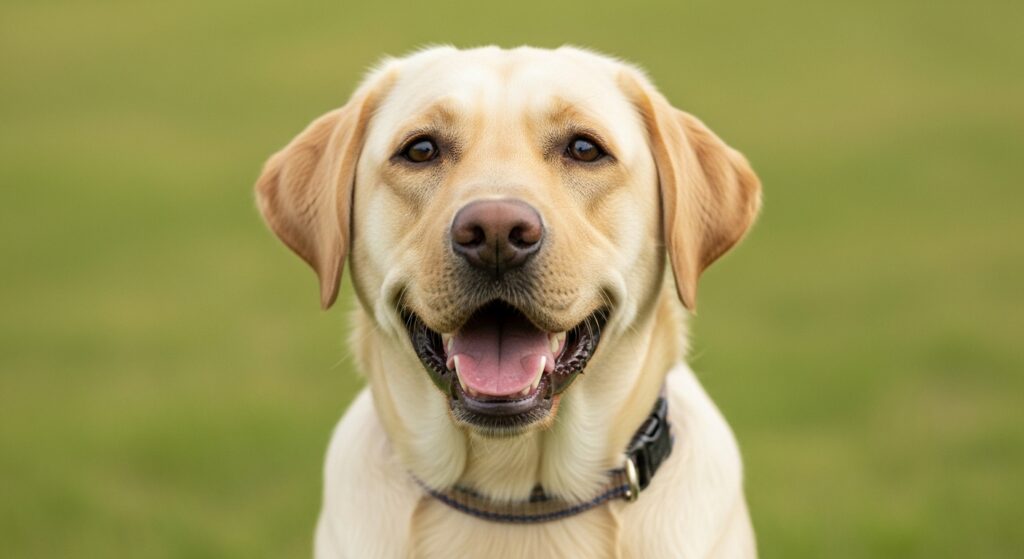
Why Labs?
- Extremely affectionate
- Great with kids and adults
- Calm in most situations
2. Golden Retriever
Golden Retrievers have warm personalities and natural empathy. They’re playful but know how to settle down and comfort when you need them most.

Top Benefits:
- Quickly bonds with humans
- Reliable, trustworthy
- Excellent at sensing moods
3. Cavalier King Charles Spaniel
Looking for a smaller breed? Cavaliers are compact, gentle, and adore being lap dogs—perfect for apartments or those who want a cuddle buddy.

Why Cavaliers?
- Small but sturdy
- Incredibly affectionate
- Adapts to owner’s mood and routine
4. Poodle (Standard, Miniature, or Toy)
Poodles are highly intelligent and remarkably intuitive dogs. Plus, they’re hypoallergenic—great if you have allergies!
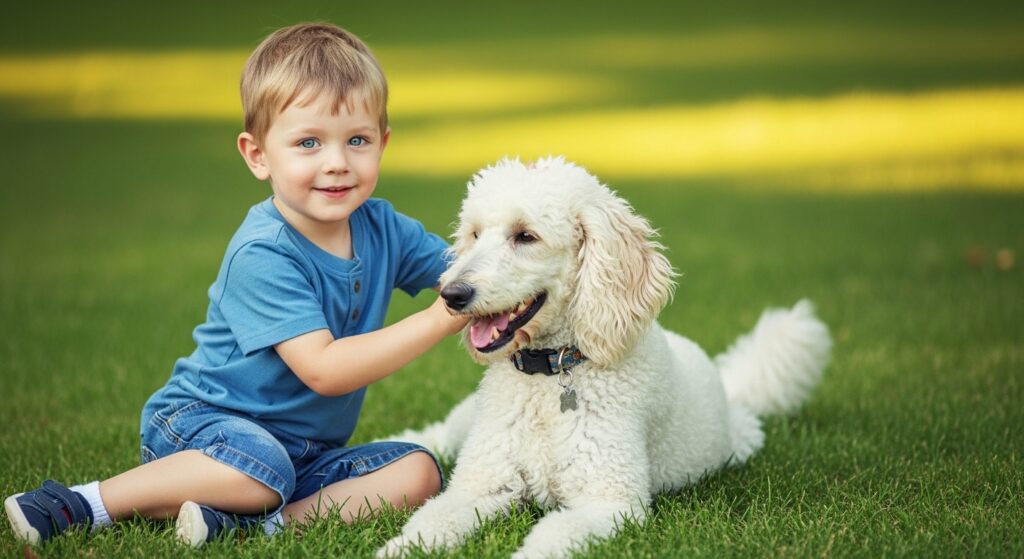
Highlights:
- Easy to train
- Senses owner’s emotional state
- Suitable for people with pet allergies
5. Yorkshire Terrier
Yorkies are small in size but big in personality. They form strong bonds with their owners and do well in apartments or city living.
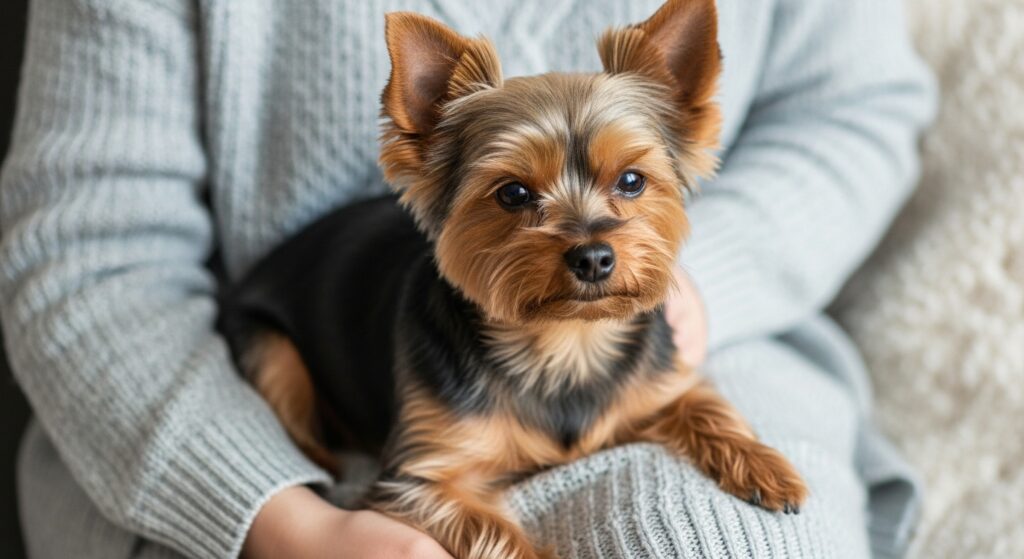
Best For:
- Compact living spaces
- Affectionate companionship
- Loyal and emotionally supportive
6. Corgi (Pembroke or Cardigan)
Known for their adorable looks and playful spirits, Corgis are smart, loving, and enjoy routine—making them go-to ESAs for many.
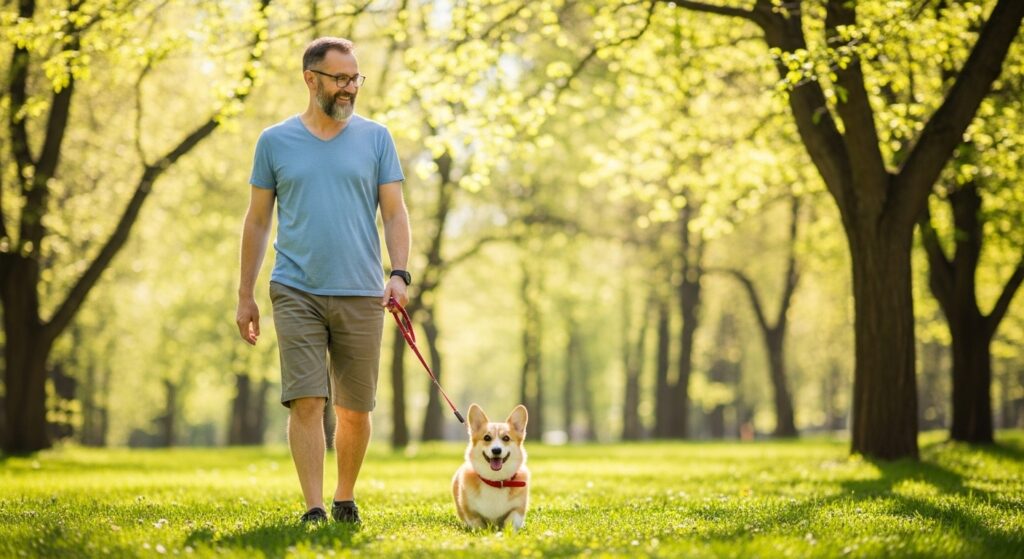
Corgi Advantages:
- Lots of personality
- Responds positively to attention
- Good for active or relaxed owners
7. Beagle
Beagles have a sweet disposition and a naturally gentle manner. They’re sociable, even-tempered, and typically good with children and adults alike.
![Beagle Relaxing Indoors]](https://mypetmaster.com/wp-content/uploads/2025/07/Beagle-Relaxing-Indoors-1024x559.jpg)
Why Beagles?
- Strong sense of empathy
- Enjoys company
- Gentle with all ages
8. Bichon Frise
This cheerful, hypoallergenic breed is gentle and always up for a cuddle. Bichons love being near their humans and tend to be happy and affectionate.

Highlights:
- Low-shedding for allergy sufferers
- Great for smaller homes
- Loves companionship
Tips for Choosing Your ESA Dog Breed
- Assess Your Needs: Energy level? Allergies? Space?
- Meet Multiple Breeds: Interact with several dogs before choosing.
- Adopt if Possible: Many amazing ESA candidates are waiting in shelters!
- Think Long-Term: An ESA is a long-term commitment. Choose a breed you’ll love for years.
- Consult a Professional: Talk to ESA trainers or mental health pros for guidance.
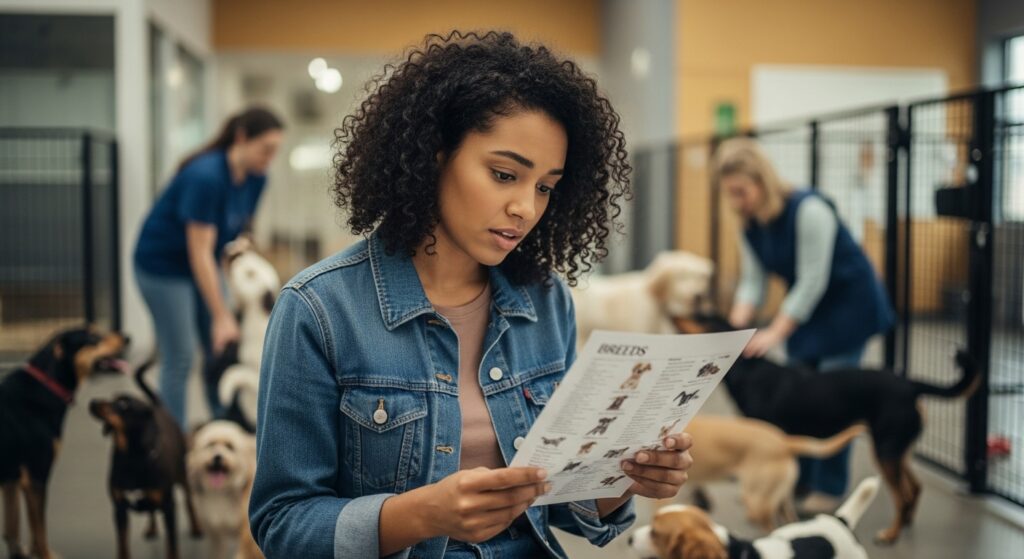
Frequently Asked Questions (FAQ)
1. Can any dog breed be an emotional support animal?
Yes, any breed can be an ESA if they suit your needs, but some breeds are better known for their supportive nature.
2. Do ESA dogs need special training?
Official ESAs aren’t required by law to complete specific training like service dogs, but basic obedience is recommended.
3. How do I get my dog recognized as an ESA in 2025?
You’ll need a valid ESA letter from a licensed mental health professional. (See our post: [How to Qualify for an ESA Letter])
4. What about mixed breeds?
Mixed-breed dogs make wonderful ESAs, too! The most important qualities are temperament and compatibility, not pedigree.
5. Are small or large dogs better as ESAs?
There’s no one-size-fits-all answer—it depends on your lifestyle, living situation, and personal preferences.

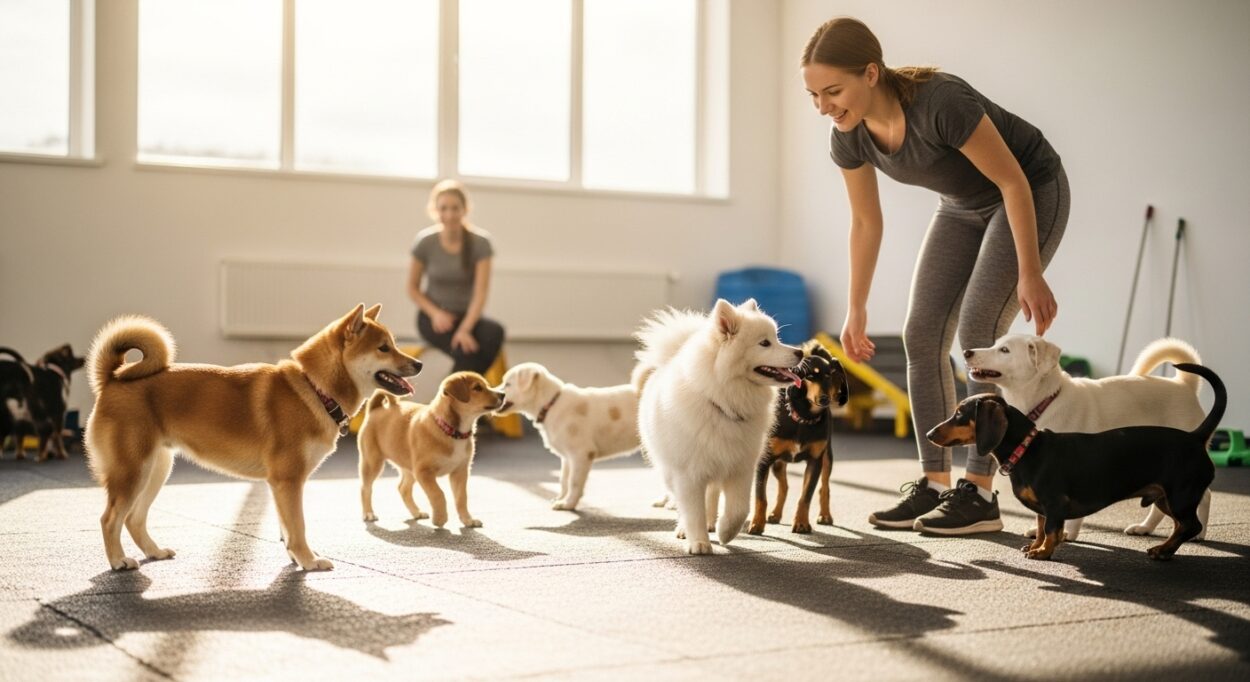
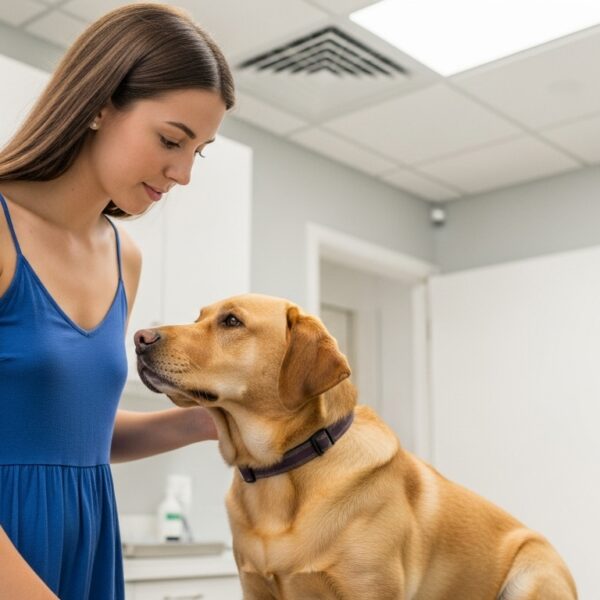
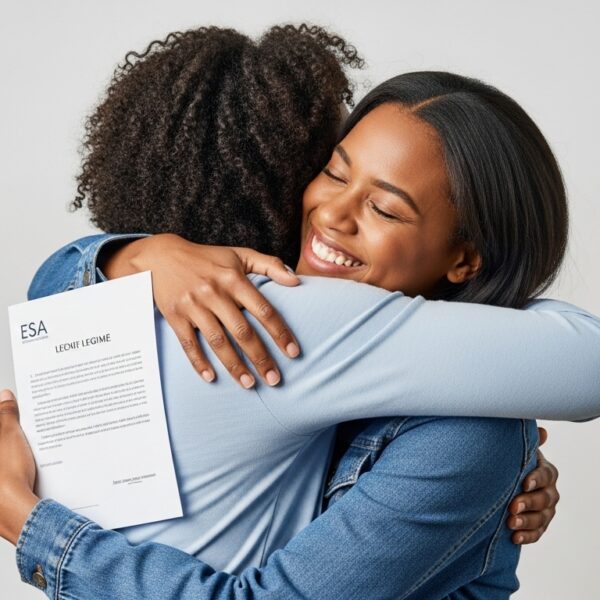
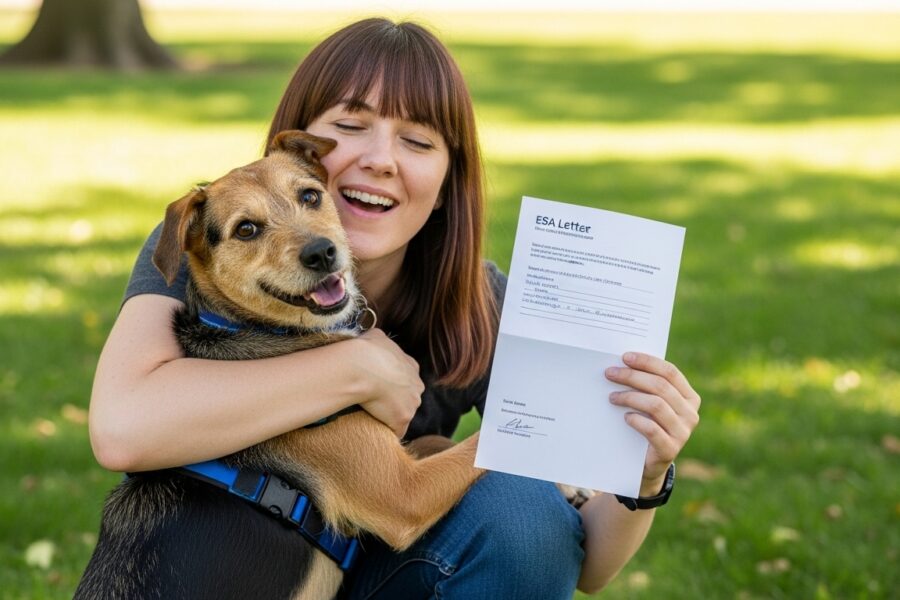
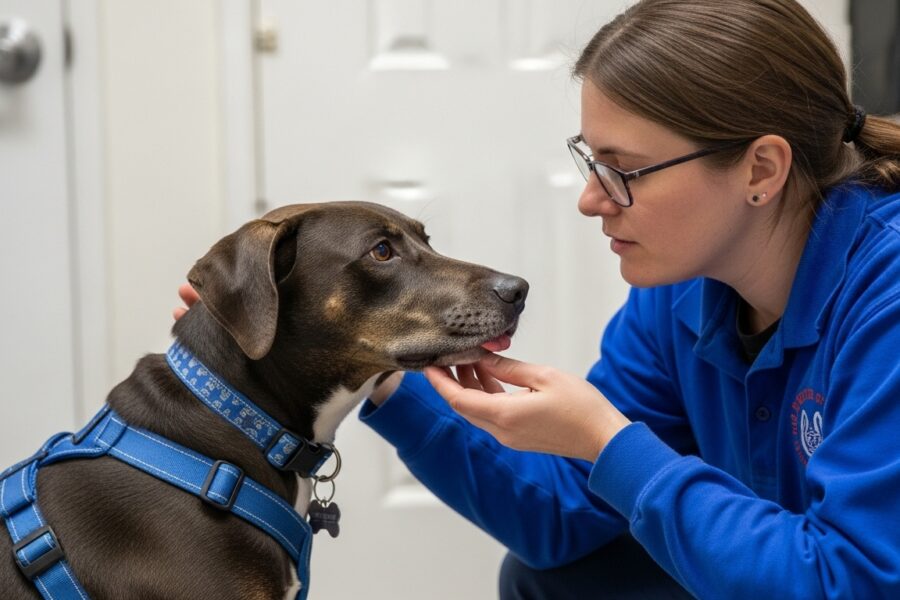
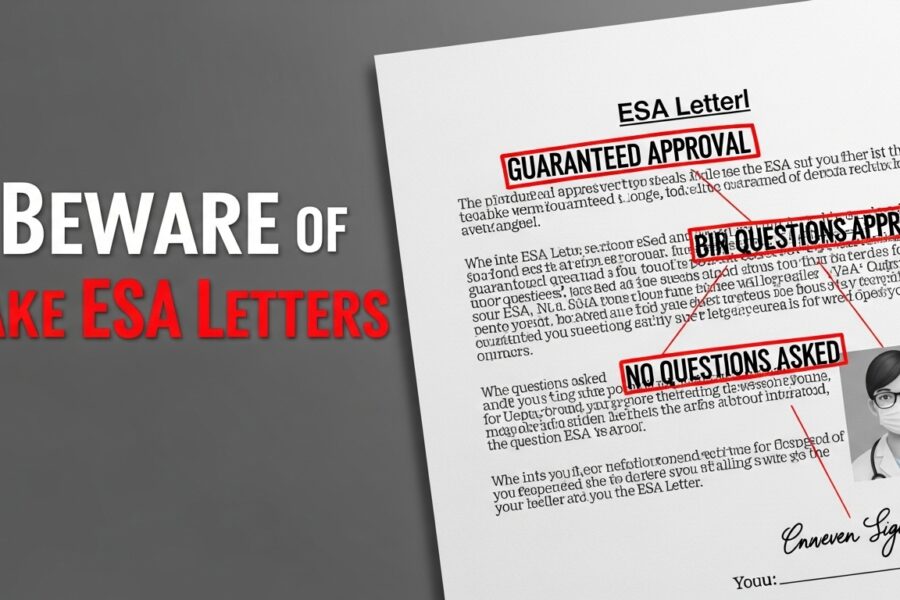
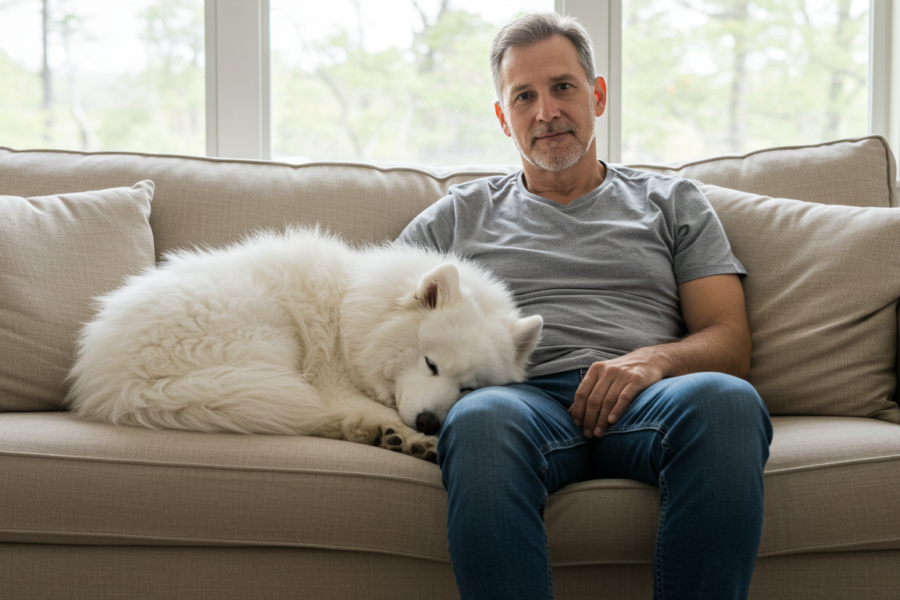
Sign up